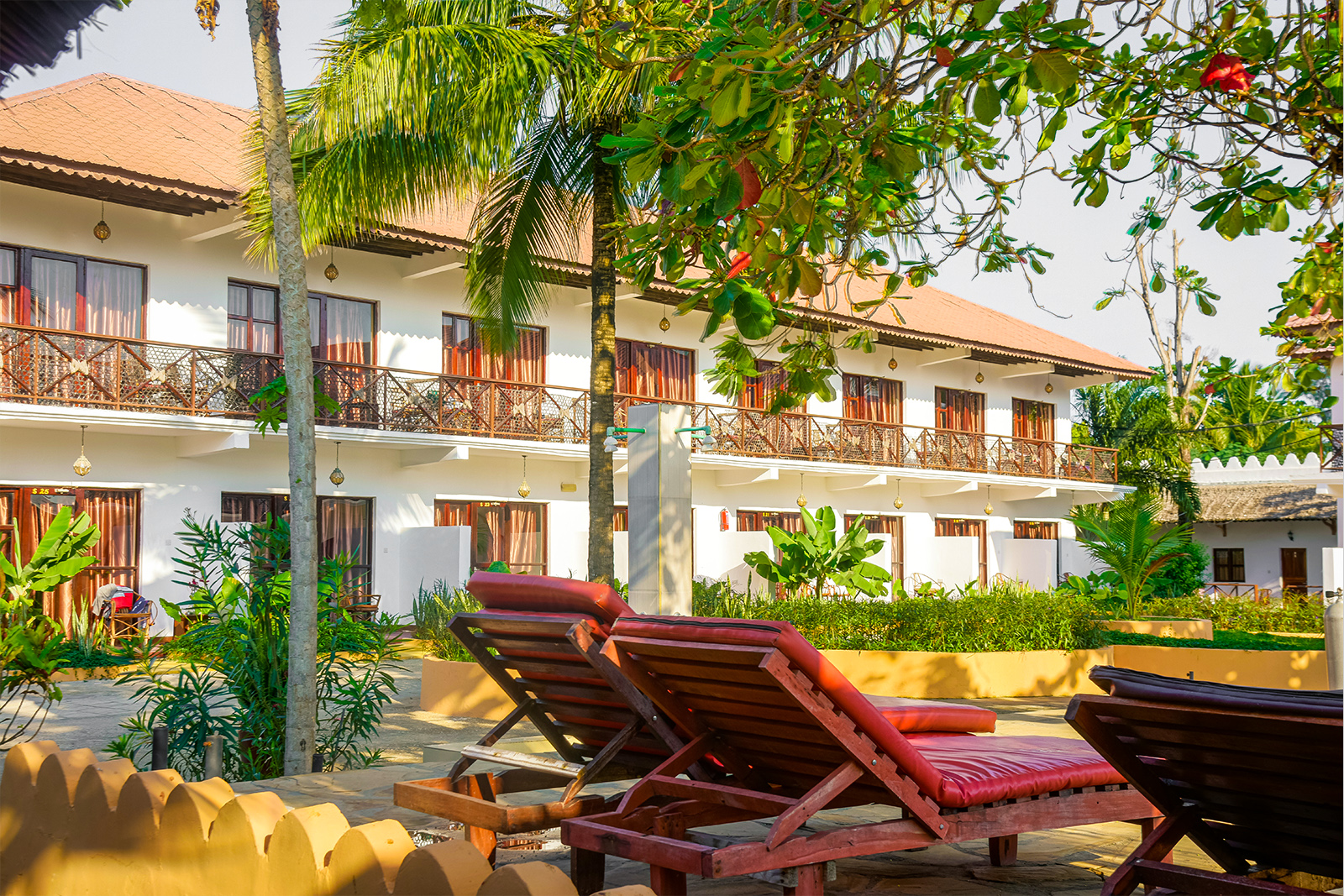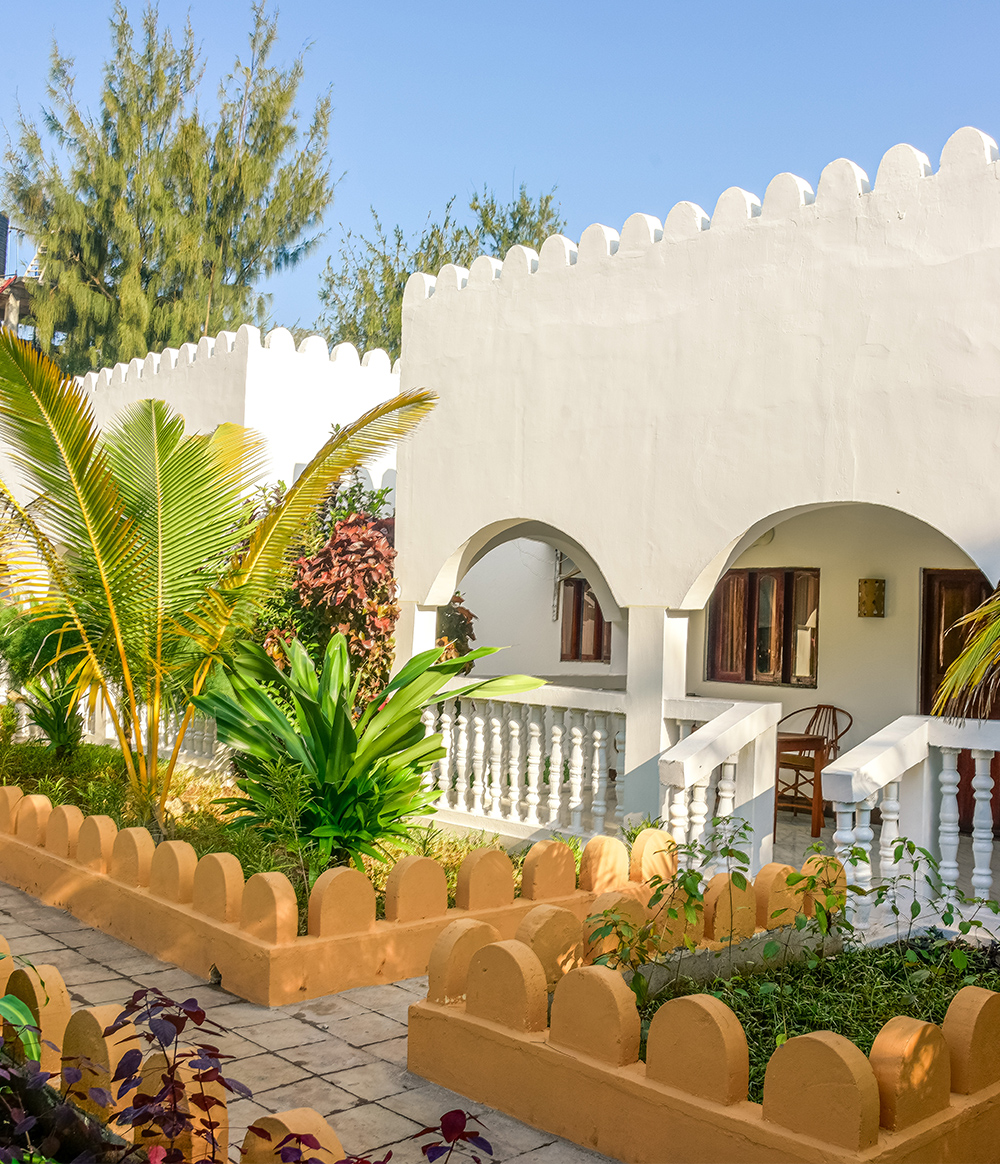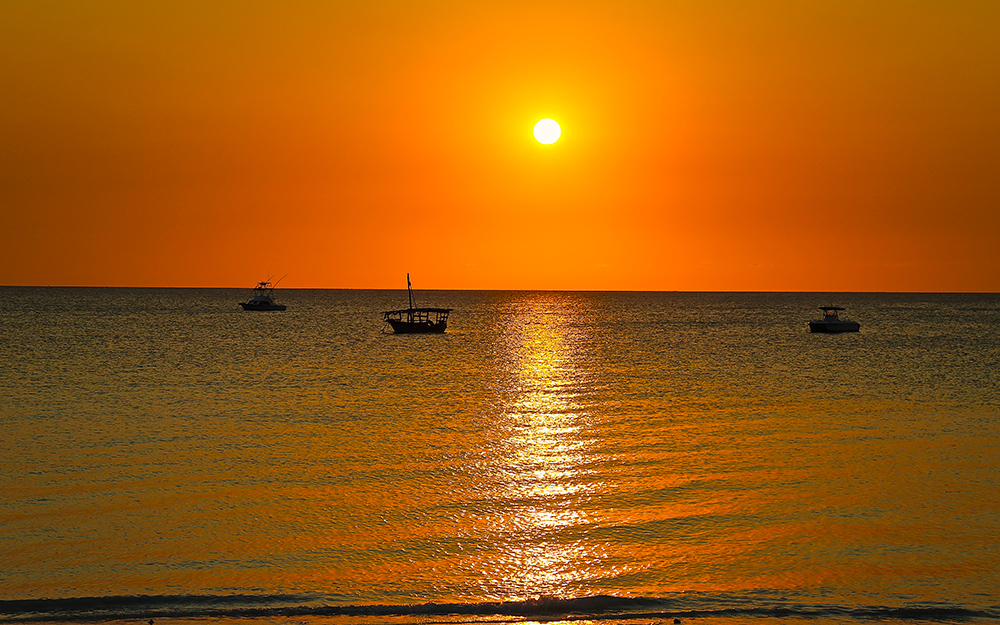
About Zanzibar


About Zanzibar
Zanzibar, Unguja, The capital, Stone Town, was declared a UNESCO World Heritage Site in 2001 and is an eclectic mix of cultures, architecture and languages. What was once a small fishing village is now a thriving town with an extraordinary history and past. The impact of the different cultures can be seen on the buildings and in the faces of the locals while walking around Stone Town. Coral and stone houses boast imposing wooden Zanzibar doors, set with brass studs to defend against charging elephants, intricately carved with scripts from the Qu’ran. Indian houses have courtyards behind the shop fronts and delicate and beautiful carved balconies.
Arab homes are characterized by their white washed walls, flat terraces and small windows. The reason for this window style is solely to preserve the modesty of the women. Zanzibar does not have tribes. Local traditions are a fusion of different ethnic groups that have settled on the island.
Although Zanzibar benefits from Tourism, the majority of the population still makes their living from subsistence farming and fishing. Zanzibar is a unique destination filled with history and character, beautiful beaches and wonderful people..
CULTURAL CONSIDERATIONS
Zanzibar is a very religious country and consists 95% of Muslim people. To show respect towards Zanzibar's culture, visitors are requested to dress modestly and refrain from public displays of affection. When walking through towns or villages, women should wear clothes that cover their shoulders and knees and men should not walk bare-chested or in swimming trunks.
Swimwear is acceptable on the beaches but topless sunbathing is not. Visitors are advised not to take pictures of people unless you've asked their permission. During the fast of Ramadan, it is considered the height of bad manners to drink and eat in public places or while walking down the street. Non-Muslims should also not enter Mosques unless specifically invited to do so.


